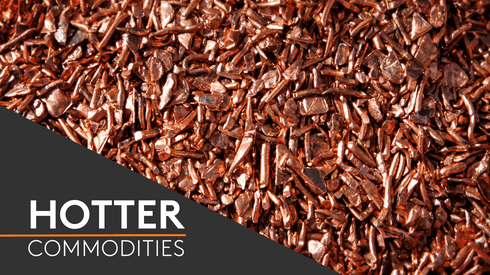Public relations firm FTI Consulting has dropped Israeli diamond magnate Beny Steinmetz’s mining group Beny Steinmetz Group Resources (BSGR) as a client, citing an “internal conflict of interest”.
US-based FTI confirmed to Metal Bulletin sister title Steel First on Thursday November 15 that it had resigned the BSGR account earlier this week.
“We have unfortunately had to resign the account due to an internal conflict of interest that has arisen,” said FTI.
“We remain on good terms with BSGR and its management team,” FTI added.
FTI said it could not give details due to issues of client confidentiality.
FTI’s move comes after BSGR put out a statement damning the Guinean government for investigating corruption allegations surrounding BSGR’s acquisition of its stake in the multi-billion dollar Simandou iron ore project.
BSGR accused the Guinean government of conducting a “smear campaign” in a statement on November 7, saying that it was looking to “seize” BSGR’s stake in the Simandou project.
The Guinean government’s technical mining committee is reviewing aspects of the Simandou contracts – including BSGR securing licences for two blocks of the project and its sale of the 51% stake to Brazilian mining major Vale.
The review process is part of the Guinean government’s mining reform, set up to tackle the issue of licence squatting and speculation and to determine which licence holders have the capacity and intention to explore.
Rusal, which runs the Dian Dian aluminium and bauxite project and Société des Mines de Fer de Guinée (SMFG), which holds licences for the Nimba iron ore deposits in the south-east of the country, are also being reviewed by the technical committee.
FTI has also provided media relations advice to Steinmetz’s business associate, Dan Gertler.
Gertler and Steinmetz co-founded British Virgin Island-registered Democratic Republic of Congo copper miner Global Enterprises Corporate.
FTI said that it had provided advisory services to the Gertler Foundation in the first half of 2012, but had never been employed on a retainer basis.
Located in the south-east of the country, close to Guinea’s border with Cote d’Ivoire, Simandou will be the world’s largest iron ore mine when it goes into production.
The Beny Steinmetz Group, which is the parent company of BSGR, is a privately-owned conglomerate and has made more than $3.5bn in revenues in each of the past three years. Steinmetz was recently named by Bloomberg as Israel’s richest man.
Michelle Madsen
mmadsen@steelfirst.com
Twitter: @mmadsen_SF




